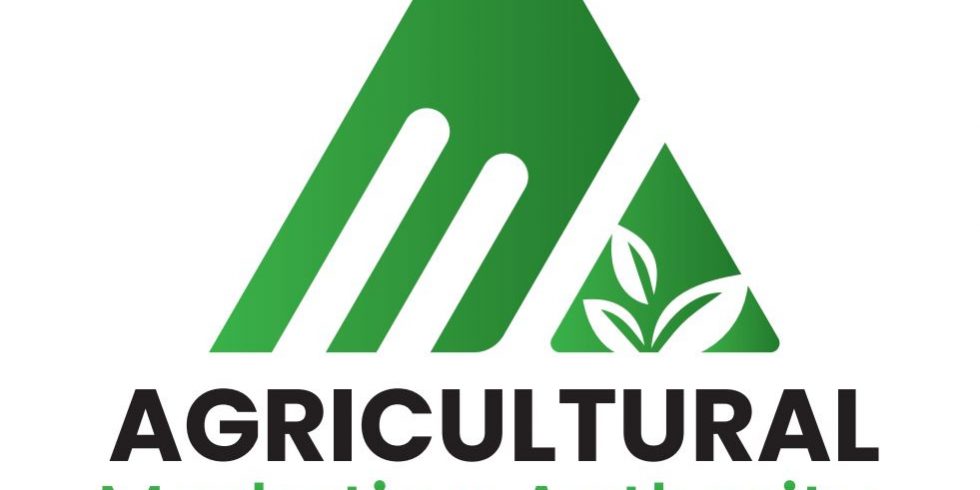By Peter Mudzimiri
On 3 April 2024, the President of the Republic of Zimbabwe His Excellency, Dr Emmerson Mnangagwa declared the 2023/24 agricultural season a State of National Disaster due to the El Nino-induced drought that negatively affected yields in most parts of the country.
The season did not perform according to expectations with more than 80% of the country having received below normal rainfall.
A total of 1 728 897 hectares was put under maize for the 2023/24 season and the yield would have guaranteed food security.
The Government has thus allowed the importation of maize by private players with free funds to enhance food security for the people of Zimbabwe. The private sector’s response through maize imports has been very commendable and will go a long way in alleviating the nation’s plight arising from the El Nino phenomenon.
Coupled with other measures being put in place by the Government and the call for all stakeholders to mobilise resources to ameliorate the effects of the drought, the country is geared towards food sufficiency.
The Government has thus rallied all stakeholders to participate in the disaster management activities including the diaspora, United Nations agencies, and the international community.
The current adopted consumption rate of 7.5kg per person per month for social welfare food distribution will be adjusted around October 2024 to 8.5kg hence the need for stakeholder complementary efforts.
The Agricultural Marketing Authority (AMA) is charged with the responsibility of registering all grains and oil seed traders in line with the provisions of the Agricultural Marketing Authority (Grain, Oilseed and Products) By-laws, 2013 (SI 140 of 2013).
Every individual or entity intending to undertake the business of trading in any grain or oil seed or by product must therefore first register with AMA.
Certificates of registration as a trader or broker are issued depending on the level of trade or import quantities ranging from small scale to large scale tradership. Identification documents for individuals and certificates of incorporation for legal entities), tax clearance, NSSA compliance certificate are required for registration. The certificate of registration as a trader is then presented to the Ministry of Lands, Agriculture, Fisheries, Water and Rural Development for purposes of applying for an import permit.
Following the declaration of the State of National Disaster, there has been a considerable increase in the number of entities registering to participate in the importation of maize.
In only over a month, AMA has registered 208 grains and oil seed traders who are participating in the importation of maize compared with 134 traders at the same period last year.
More players continue to come on board. Between January and February 2024, the country imported a total of 281,439 metric tonnes of maize worth US$85,67 million. The response by the private sector has been hailed and this has resulted in the availability of maize and mealie-meal in almost all parts of the country, although more effort is still required to feed the nation.
Despite the drought set back, the Government remains resilient in its quest for food self-sufficiency and nutrition led by the agile Minister of Lands, Agriculture, Fisheries, Water and Rural Development Honourable Dr Anxious Masuka.
The Ministry and its agencies with support from enablers and stakeholders have remained resolute in the quest to become a US$13.75 billion industry by 2025.
The underpinning mantra for the Ministry and its agencies is that of “Food Security: Everywhere. Everyday/Kuguta: Kwese Kwese. Zuva Rega Rega. /Inala: Indawo Zonke. Insuku Zonke. The deliberate plan is to leverage on the country’s comparative and competitive advantage of winter wheat production.
One of the key strategies aimed at addressing the El Nino scourge is to use wheat as the basis for an emergency food security and, consequently, food sovereignty plans this year.
Consequently, efforts are being made to target at least 600 000 metric tonnes of wheat this winter. This is in addition to the approval of waiver of duty on rice and potato seed imports and also the importation of genetically modified maize for stock feed, under strict supervised milling and distribution conditions. Rice and potatoes will be considered as key staples to ensure national food security.
Private players are, therefore, rallied to continue to support Government efforts for national food security and the import permit processes have been streamlined for ease of doing business. No one should die of hunger and as is always the case, no person and no place should be left out in this instance.
On the same note, AMA wishes to advise all traders of the need to provide returns which are important for planning and policy development as the country continues to put in place measures for accelerated agricultural development.
This article was written by Peter Mudzimiri, AMA Head of Compliance & Corporate Secretary. Word from the market is a column produced by the Agricultural Marketing Authority (AMA) to promote market-driven production. Feedback cchiduku@ama.co.zw or WhatsApp/Call +263781706212.





